Nine new adjunct instructors and lecturers are venturing into Vilas Hall this spring. These faculty members intend to create a learning environment that incorporates real-world experiences across various fields.
Get to know our adjunct instructors and lecturers joining the School of Journalism and Mass Communication this semester.
Adjunct Instructors
Pat Hastings
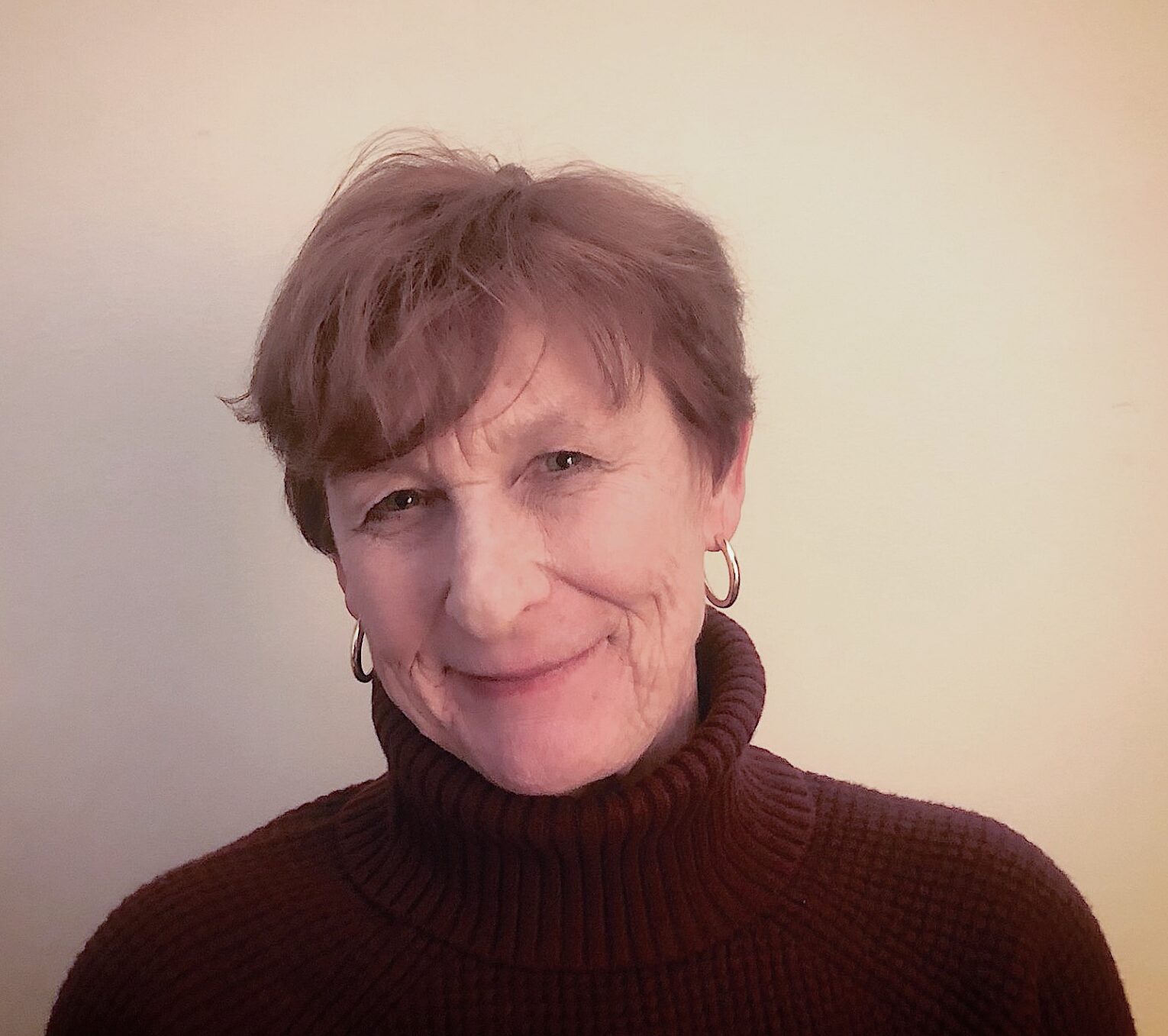
Pat Hastings has worn many hats throughout her career, working in radio and television as a reporter and producer and owned her own media consulting firm. She still produces independent videos, streams video events and teaches courses at the SJMC. This semester she is teaching one of her favorite classes, J335: Principles and Practices of Reporting. The emphasis on creativity in the classroom and in projects makes it one of her most loved courses to teach.
What do you find most rewarding about teaching at your alma mater and working with the next generation of communicators?
The most rewarding moment in teaching is the “a-ha” moment, when suddenly a project or idea comes to fruition. And, when the students tell you about that moment because they’re pretty excited to try something new and challenging. Writing and producing a terrific story is so gratifying.
What perspective do you hope to bring to the students you teach?
I hope I can help students avoid the mistakes I’ve made. And there have been quite a few mistakes, trust me. If I can explain the trip wires and the problems that they face and how to avoid them, then I’ve helped. If it makes them better reporters that’s terrific. That’s the goal.
Deb Medsker
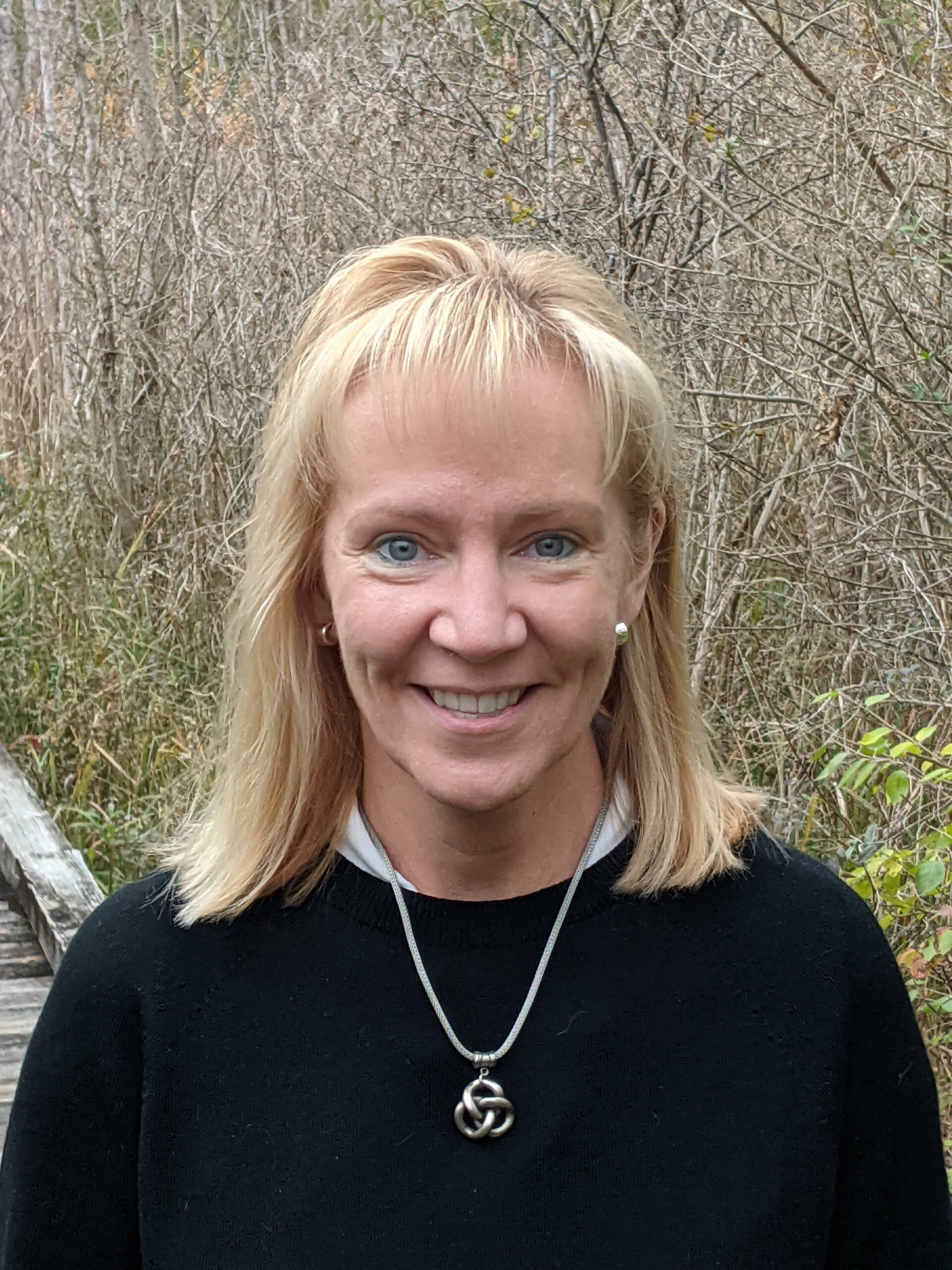
Deb Medsker is currently the Vice President of Operations at the media agency Starcom, where she focuses on solving issues and delivering best practices to the agency’s largest client, Samsung. She has spent her career learning about strategic media planning and media campaign activation for household-name brands. Medsker is teaching J447: Strategic Media Planning, a course where she will introduce students to the media industry and the role media professionals play in delivering campaign messages to achieve client’s objectives.
What do you find most rewarding about teaching at your alma mater and working with the next generation of communicators?
My favorite part of teaching is actually fielding questions during class; I’ve been so impressed with the level of insight my students bring to the material, and hearing them ask smart questions lets me know they’re fully engaged. I also love helping connect students with potential job opportunities when I can. As a nice bonus, it’s wonderful to be back on campus and “in the know” about special events like Danny Trejo’s sold-out appearance at the Union Theater last spring.
What perspective do you hope to bring to the students you teach?
Media is typically not the first career students consider when they study strategic communications, so I like opening them up to the many opportunities that exist in the industry—whether it’s in a strategic planning role, which they take on for their final project, or whether it’s on the buying side of the desk, or even a research or vendor-side job. Regardless of what their first strategic communications job ends up being, it’s likely that their work will require some level of media knowledge—so I want to help ensure they’re prepared with as strong a background as possible.
Lecturers
Kajsa Dalrymple
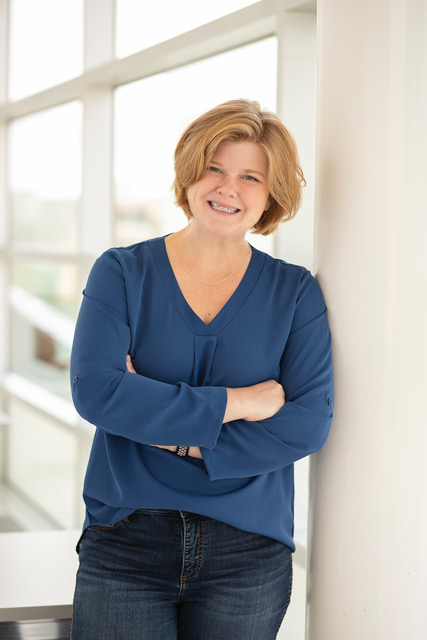
Kajsa Dalrymple is a lecturer and honorary fellow in the SJMC as well as the founder of Dalrymple Advising, LLC. She specializes in storytelling, media effects and environmental journalism and performs research about the creation, transmission and impacts of media messages. Dalrymple is bringing her experiences to the classroom as she teaches J175: Digital Media Fluency.
What do you find most rewarding about teaching at your alma mater and working with the next generation of communicators?
I love watching new groups of students join us on campus. Their brightness and curiosity is inspiring!
What perspective do you hope to bring to the students you teach?
It’s all about community. Together we learn how to truly listen and support one another. Centering compassion and community helps us create better stories and have fun while we are doing it!
Max Fuller
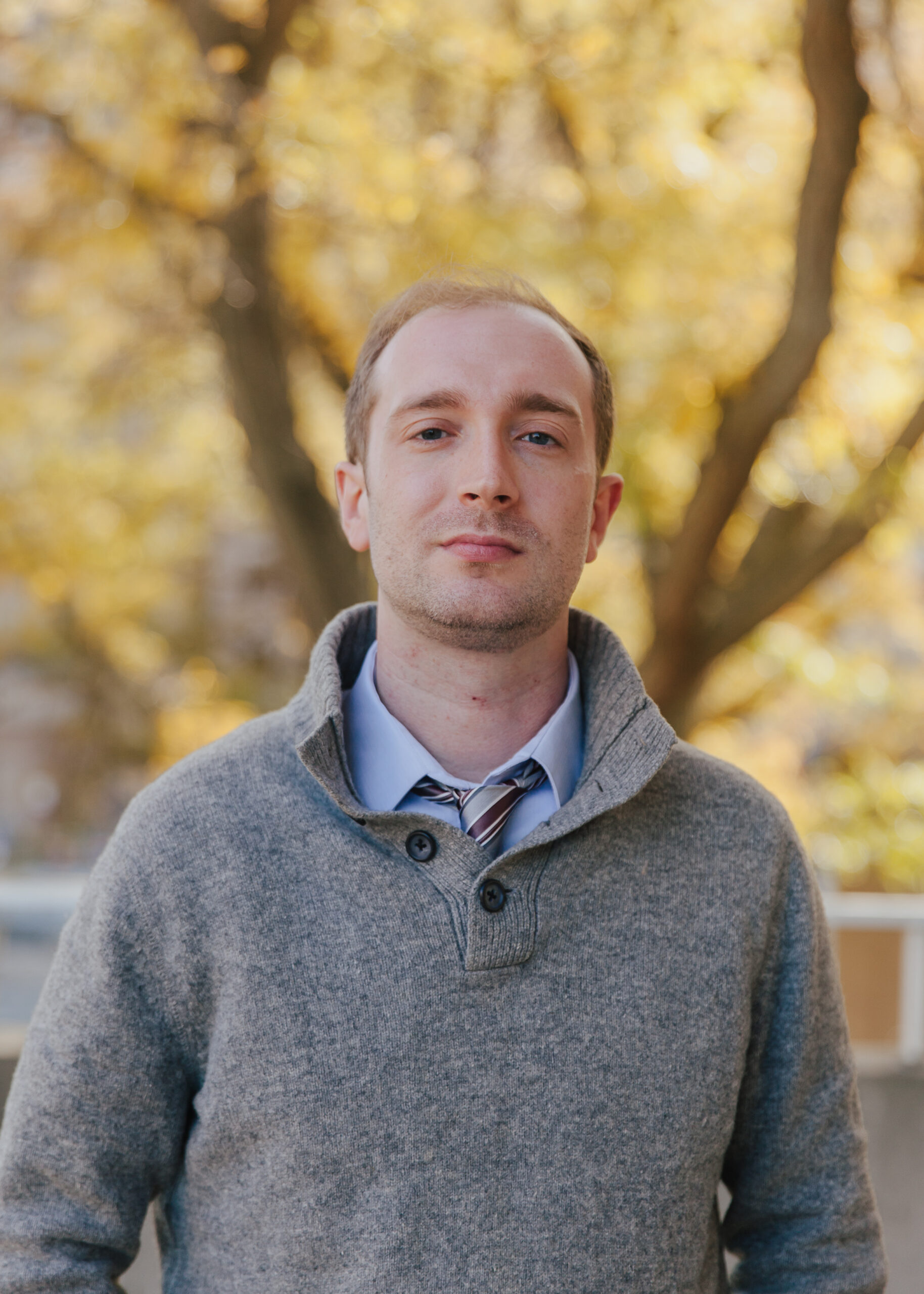
Max Fuller is a dissertator and lecturer for the SJMC. Fuller’s research focuses on 20th century American journalistic practices, knowledge he will bring to Vilas Hall as he teaches J350: Sports Marketing Communications this spring.
What do you find most rewarding about teaching at your alma mater/current graduate school and working with the next generation of journalists and communicators?
The most rewarding element is absolutely working with the students. I love introducing an idea/topic and seeing students embrace it like it was their own. I love seeing students’ projects progress and evolve as they work through them and how they can approach something that may have seemed complex at first, embrace it, and make it their own.
What perspective do you hope to bring to the students you teach?
I approach my work historically, that is, I look back to get an understanding of the present. But I also find that this perspective provides a great deal of insight into our future trajectory. I hope to show students the value in this approach so they can utilize it as they prepare to enter the professional world.
Linqi Lu

Linqi Lu is a Ph.D. candidate in the SJMC with certificates in Computer Science and Educational Psychology (Quantitative Methods). Her research emphasizes multimodal communication and health technology while exploring the combination of communication, artificial intelligence and public health. Lu will bring her research to the classroom as she teaches J564: Media and the Consumer.
What do you find most rewarding about teaching at your alma mater and working with the next generation of communicators?
What I find most rewarding is the vibrant exchange of ideas that takes place in the classroom. Students constantly challenge me to see the world through fresh perspectives, fostering a dynamic environment of mutual learning and growth. I find immense joy in helping students uncover new learning opportunities, guiding them as they push their boundaries, and celebrating their success in overcoming challenges and achieving their goals.
What perspective do you hope to bring to the students you teach?
My teaching philosophy emphasizes the importance of embracing innovation while staying rooted in ethical responsibility. I want my students to see journalism and mass communication not just as a profession but as a tool to address pressing societal challenges—whether it’s combating misinformation, addressing health inequities, or protecting civil rights. Moreover, I hope to inspire curiosity and resilience in my students. By introducing them to different methodologies and cutting-edge technologies, I want them to feel confident about their ability to adapt and lead in the rapidly changing media landscape.
Ryan Wettschurack
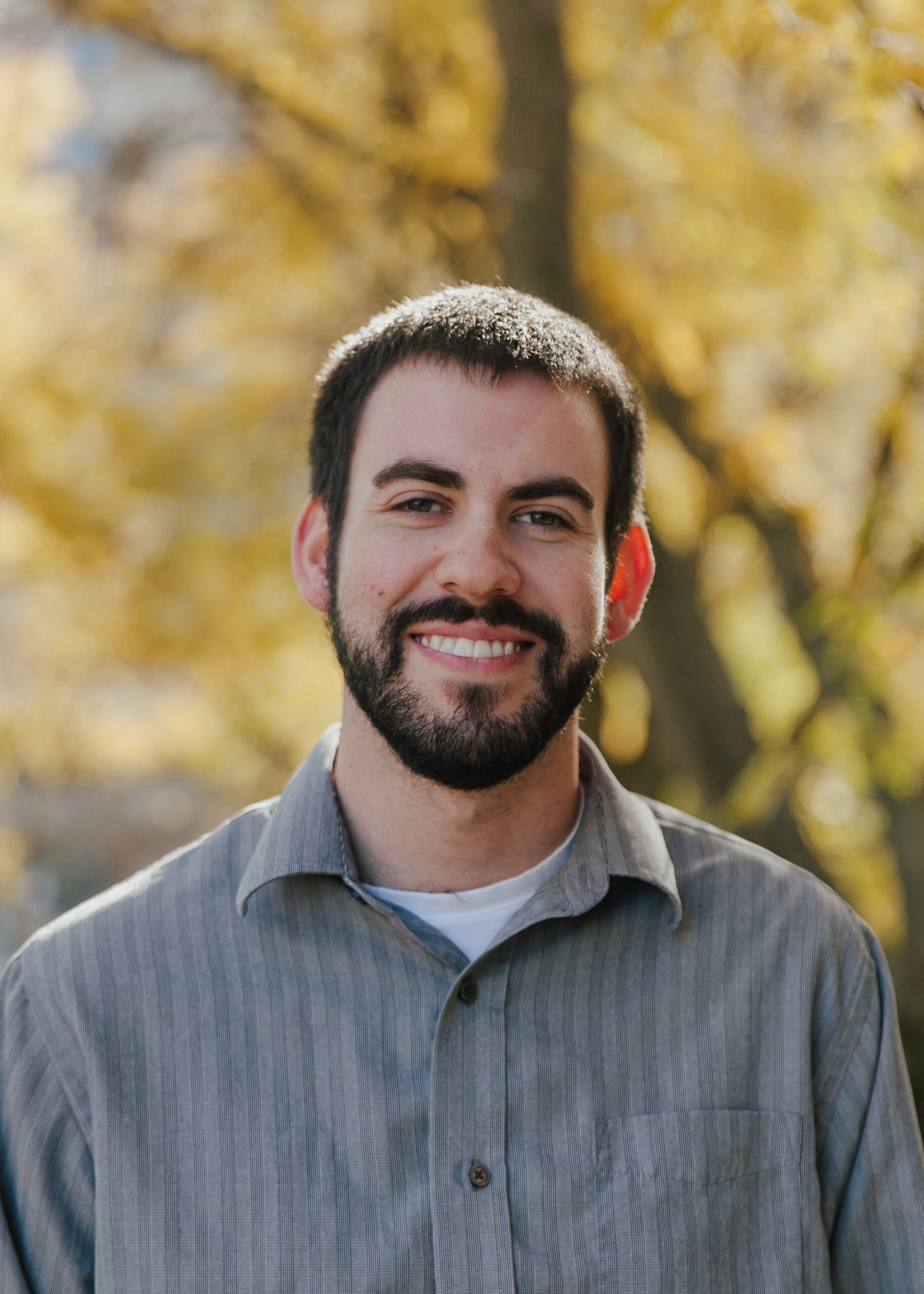
Ryan Wettschurack is a Ph.D. student in the SJMC who has strong interests in history, journalism and archival analysis. This spring he will use his interests and experiences to guide students in the course J150: Introduction to Sports Communication.
What do you find most rewarding about teaching at your alma mater and working with the next generation of communicators?
I find it most rewarding to challenge my students to reconsider their assumptions about the world and media specifically, and to see them grow from those experiences. Teaching students to understand and practice the nitty gritty details of journalism makes them grow as scholars and people, and through those experiences they learn that the stereotypes they may have previously held about the media and journalism are not necessarily true.
What perspective do you hope to bring to the students you teach?
I want to demonstrate to students that even in a rapidly changing world and media environment with emerging technology that is both exciting and scary, understanding the future requires knowledge of the past and where we have come from. Historical forces shaped our world today, such that understanding those forces and taking lessons from the past will inform us about how the future could unfold.
Yoo Ji Suh
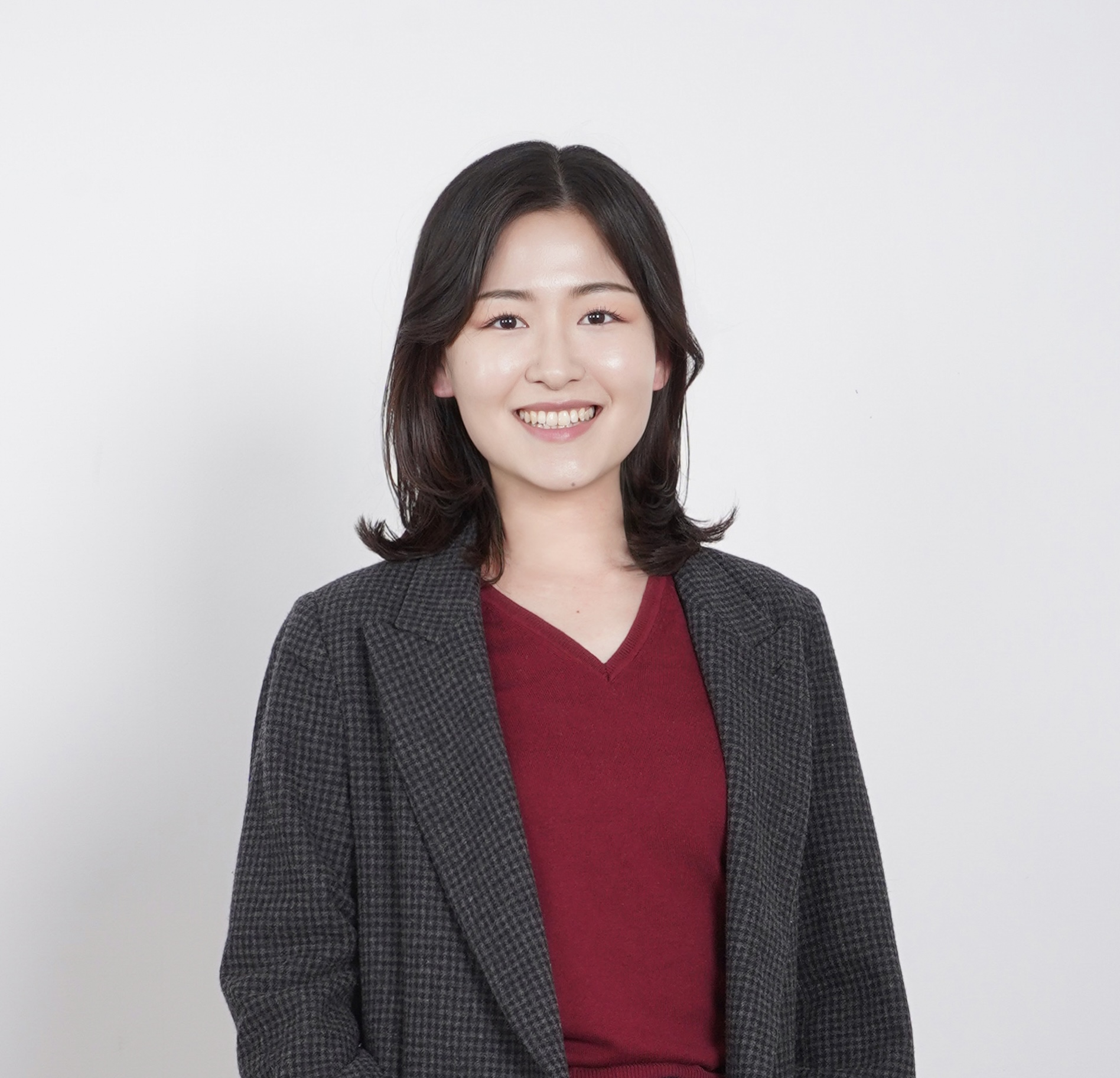
Yoo Ji Suh a Ph.D. candidate in the SJMC with certificates in political science and psychology. Her research aims to show the intertwining layers of how media and morality impact civic and democratic culture, the morality of backlash against social movements and uses insights to promote behaviors using a variety of approaches. This semester Yoo Ji will be using her knowledge in the course J677: Concepts and Tools for Data Analysis and Visualization.
What do you find most rewarding about teaching at your alma mater/current graduate school and working with the next generation of journalists and communicators?
I am excited to meet students and learn from them as much as I get to “teach” them. I am especially looking forward to helping students navigate their initial steps in working with data and giving them the confidence to apply these skills in whatever field they choose.
What perspective do you hope to bring to the students you teach?
One lesson I hope students can learn from this course is the importance of handling data responsibly but without fear. My goal is to lower the barrier—much of it psychological—to exploring data while encouraging them to take care as they analyze, interpret, and present it.
Xiaomei Sun
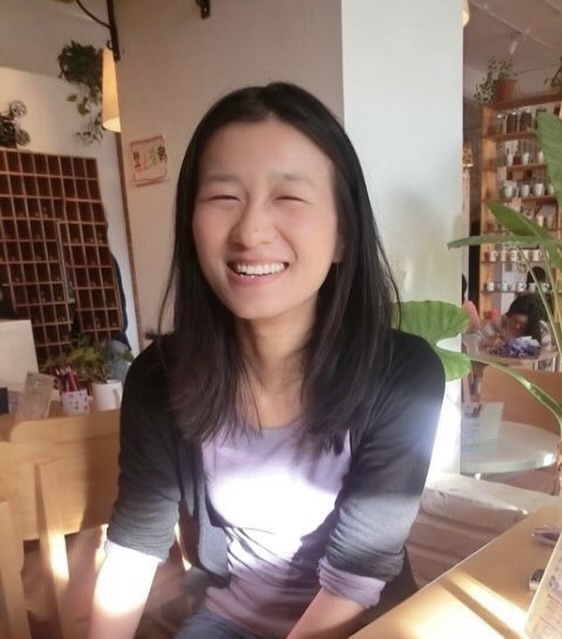
Xiaomei Sun is Ph.D. candidate at the SJMC who’s research revolves around the intersection of political communication and global affairs, examining the role of media and communication in social movement mobilization, civic and political participation and international conflicts. This spring, Sun will bring her research to the classroom while she teaches J162: Mass Media in Multicultural America.
What do you find most rewarding about teaching at your alma mater and working with the next generation of communicators?
The most rewarding thing about teaching is having the space to directly talk with and listen to diverse opinions from students about issues in media and our society.
What perspective do you hope to bring to the students you teach?
I want to instill a sense of hope and responsibility. By reflecting on American history while discussing the pressing societal and ethical issues in digital technologies at J162, I hope to encourage students to be aware of their responsibility as participatory citizens, focus more on potential solutions, and engage in public discussions regarding race and ethnicity in multicultural America.